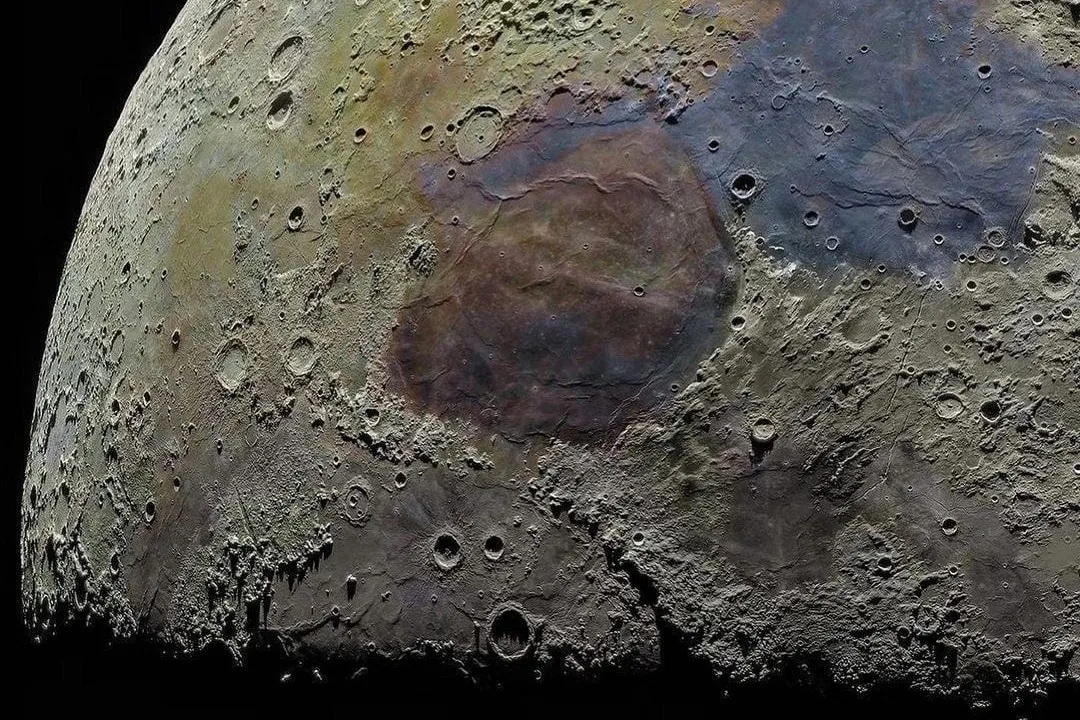PARIS, Feb. 11 (EIRNS)—In the context of a tour in Africa that included a meeting with Senegal President Macky Sall, who is Chairman of the African Union for 2022, EU Commission President Ursula von der Leyen told the media yesterday that the EU Commission was ready to mobilize more than €150 billion for investments in Africa in the next five years.
Von der Leyen’s tour was to build support for the EU/African Union summit in Brussels on Feb. 17-18. The EU intends to make this summit the key moment for launching its Global Gateway project, an EU operation to counter China’s Belt and Road Initiative in Africa and in the world as a whole. The Global Gateway is the European leg of the initiative that Joe Biden launched at the G7 summit in Britain, where he announced the U.S. version of the operation, Build Back Better (B3W). These operations are following the scenario developed in March 2021 by the Atlantic Institute, aimed to counter the Belt & Road, by accusing China of creating debt traps to enslave countries, and of disrespecting human rights and green criteria in the implementation of their projects. The Atlantic Council calls for civil society groups to challenge those projects in court for such violations.
“Today, I’m proud to announce more than €150 billion for the Africa-Europe program,” said von der Leyen, reporting that it would be the first regional plan carried out under the Global Gateway investment program that the EU launched on Dec. 1 2021. She said Global Gateway is rooted in “values to which Europe and Africa are committed, such as transparency, sustainability, good governance and concern for the well-being of the people.”
However, Senegal President Macky Sall did not take the bait. After paying lip service to Euro-African cooperation and “the fight against global warming,” he expressed Senegal’s argument “for continued funding of natural gas to support the industrialization of Africa and universal access to electricity, since more than 600 million Africans are still without electricity,” according to Le Monde. Senegal has high hopes for the future exploitation of gas and oil fields found offshore in its Atlantic coast. Dakar plans to produce the country’s first barrels in late 2023 or 2024.
Sall is alarmed by the commitment announced in 2021 by some 20 states, including the United States and France, during the COP26 climate conference to put an end to foreign financing of fossil fuel projects without carbon capture techniques, by the end of 2022.




